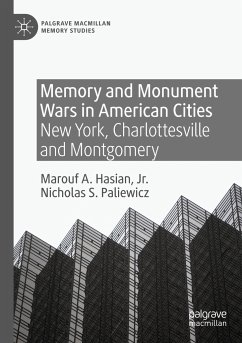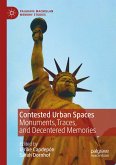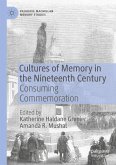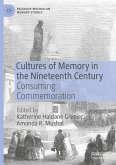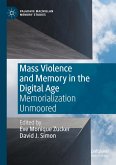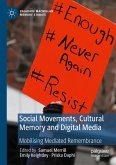This book is about the ways U.S. cities have responded to some of the most pressing political, cultural, racial issues of our time as agentic, remembering actors. Our case studies include New York City's securitized remembrances at the National September 11 Memorial and Museum; Charlottesville's Confederate monument controversies in the wake of the 2017 Unite the Right Rally; and Montgomery's "double consciousness" at the National Memorial for Peace and Justice and Legacy Museum. By tracing the genealogies that can be found across three contested cityscapes-New York, Charlottesville, and Montgomery-this book opens up new vistas for research for communication studies as it shows how cities are agentic actors that can wage "war" on urban landscapes as massive actor-networks struggling to remember (and forget). With the rise of sanctuary cities against nativistic immigration policies, "invasions" from white supremacists and neo-Nazis objecting to "the great replacement," and rhizomic uprisings of Black Lives Matter protests in response to lethal police force against persons of color, this timely book speaks to the emergent realities of how cities have become battlegrounds in America's continuing cultural wars.
Bitte wählen Sie Ihr Anliegen aus.
Rechnungen
Retourenschein anfordern
Bestellstatus
Storno

